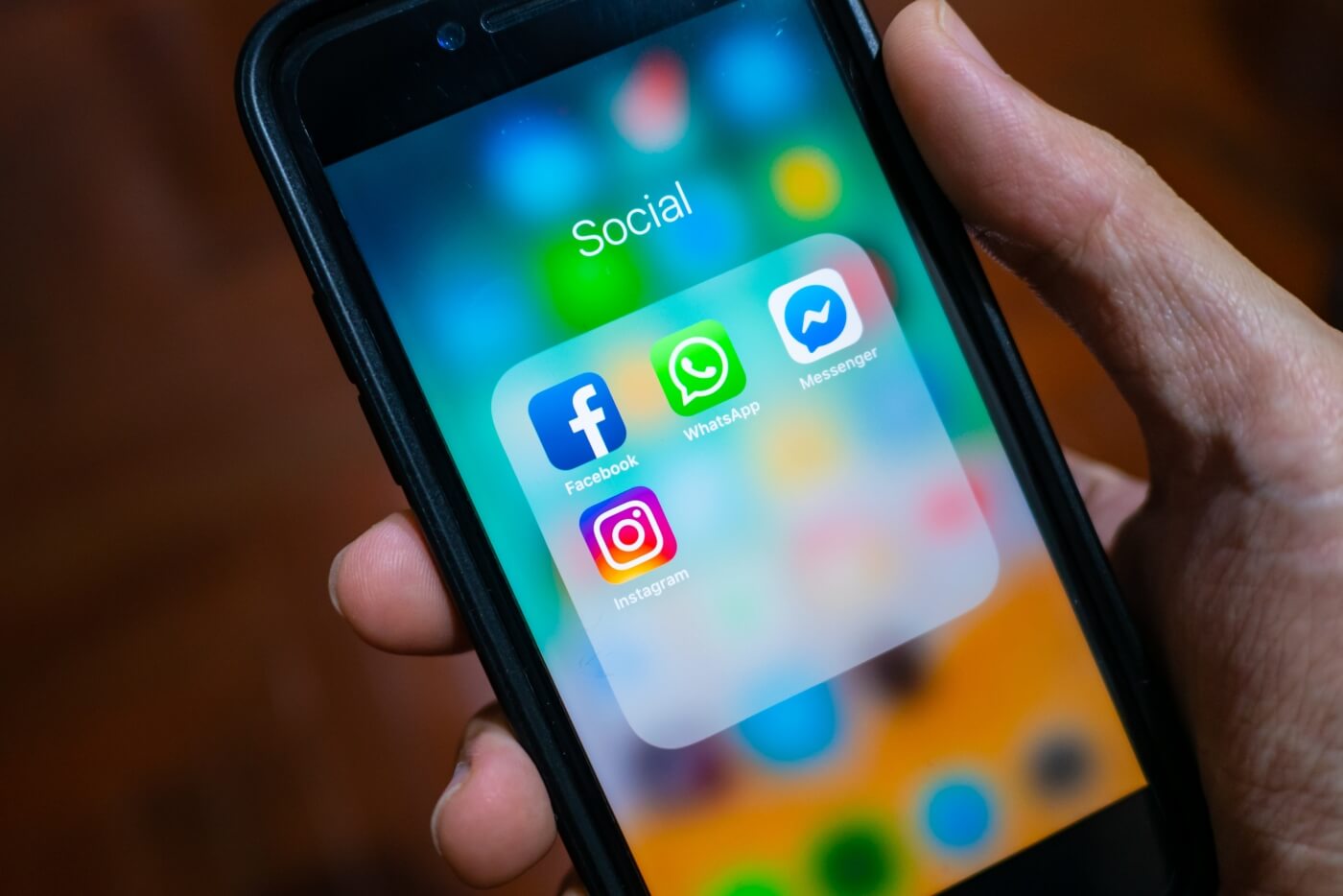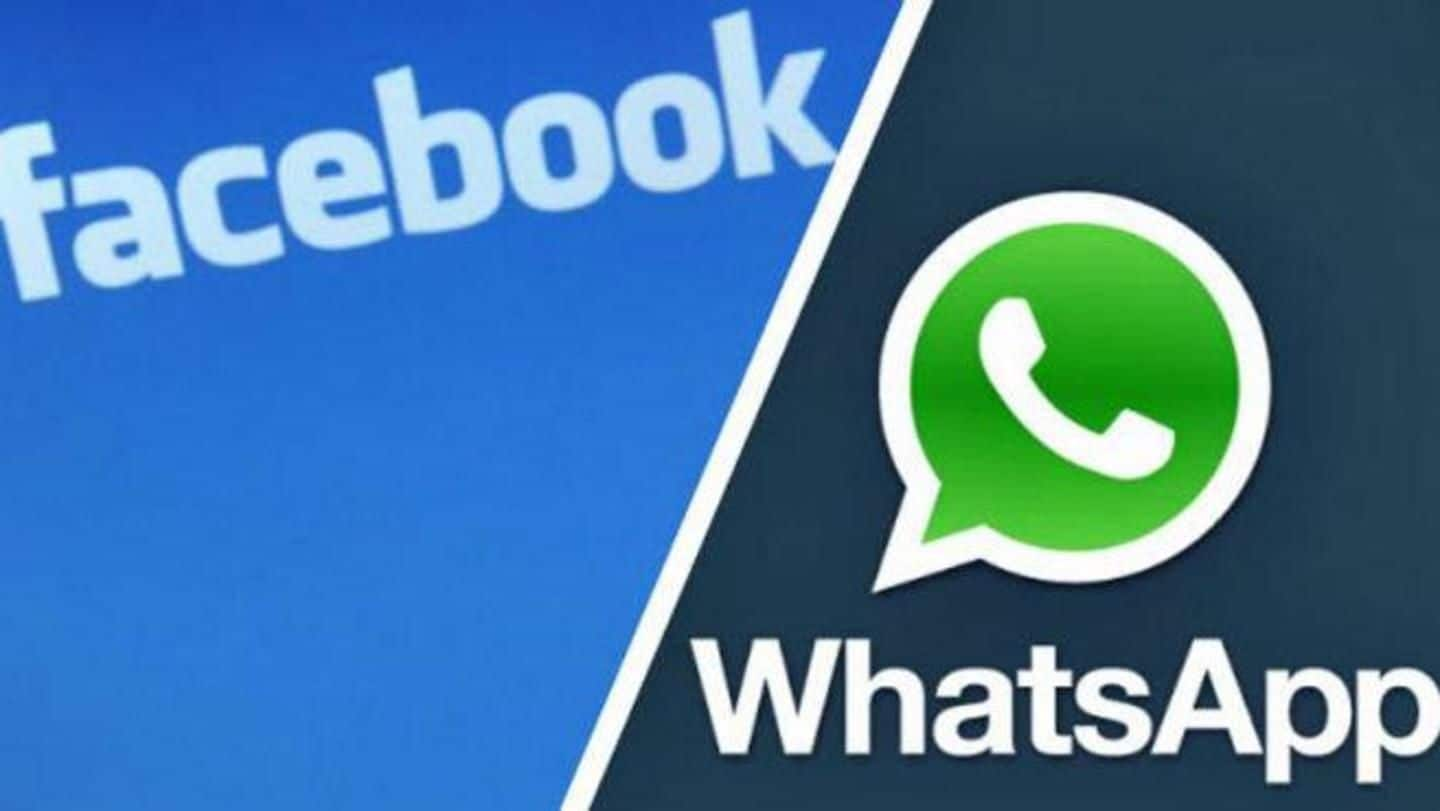



But rather than wait, we’ve simplified our privacy controls and introduced new ways for people to access and delete their data, or to take their data with them.WhatsApp is a social networking service that derived its name from the common English phrase “What’s Up.” The company was founded in 2009 by Jan Koum and Brian Acton who formerly worked at Yahoo. The photo-sharing social network it owns, Instagram, has 800 million users, while its messaging apps WhatsApp and Messenger have 1.5 billion and 1.3 billion users each, respectively.Īs for privacy, which has put Facebook in the hot seat time and again, the Menlo Park company’s spokesman said: “We support smart privacy regulation and efforts that make it easier for people to take their data to competing services. presidential election in ways that are still being studied and debated. Its main social network has 2.2 billion monthly active users worldwide, and was used to influence the 2016 U.S. Sign up for the free Good Morning Silicon Valley newsletter.įacebook has a massive reach. Get tech news in your inbox weekday mornings. “The average person uses eight different apps to communicate and stay connected.” “Facebook is in a competitive environment where people use our apps at the same time they use free services offered by many others,” he said. When reached for comment Monday, a Facebook spokesman first addressed the monopoly question. It tracks us almost everywhere we go on the web and, through our smartphones, even where we go in the real world.” “It buys up or bankrupts potential competitors to protect its monopoly, killing innovation and choice. “Facebook unilaterally decides the news that billions of people around the world see every day,” the campaign’s website says. Besides calling Facebook a monopoly, the groups also bring up the privacy concerns that surround Facebook. The alliance, which includes Demand Progress, the Open Markets Institute and MoveOn, has started a petition and will run ads on Facebook, Instagram, Twitter and elsewhere, according to Axios, which first reported on the campaign. The groups are asking the Federal Trade Commission to order Facebook to break off Instagram, Messenger and WhatsApp and say they want users of different messaging services to be able to communicate with one another. A coalition of advocacy groups has launched a campaign urging the government to break up Facebook - making it the latest among Silicon Valley tech giants whose size, reach and power are increasingly being questioned and challenged.


 0 kommentar(er)
0 kommentar(er)
